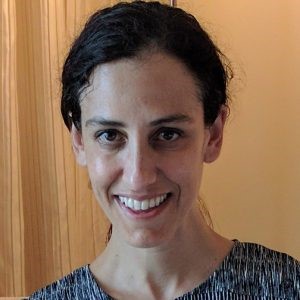Caring for a child with a physical disability requires a team, with some very important specialists like a neurologist, geneticist and allied health workers. There may be a need for a gastroenterologist, orthopaedic surgeon or a rehabilitation specialist too.
However, your team should have a “Captain” (usually a paediatrician) working closely with your child and family to keep track of the medical goals, treatment plans and the need for additional specialists.
I work in the Department of Neurodevelopment and Disability at the Royal Children’s Hospital. In our department, we have different models of care. We may be the main paediatrician if our hospital is your child’s local hospital. However, if your child has a level of complexity that is difficult to manage in the community, we offer a “shared care” model (one appointment with us, one with your community paediatrician). We also offer “one off” reviews or second opinions.
Social media and access to information online has really changed the way we interact with families. Many parents are experts in their child’s condition and certainly parents are experts in their child.
One of my colleagues says that to do our job well, we need to be nosey and bossy! You should feel that you have been “heard” when you see your paediatrician and feel that your paediatrician is interested in your child’s medical condition. If your child has a physical disability, ideally your paediatrician should be familiar with the associated complications.
There are specific medical associations to focus on when caring for a child with a severe physical disability (e.g. a polymicrogyria associated with a thin corpus callosum). There are a range of associated medical conditions seen in children with significant physical disabilities, especially if a child is unable to hold up their head or is unable to walk. There are some practical things that can sometimes be improved (like nutrition, tone, sleep, saliva control and hip monitoring). But there are also other really important things such as mood and behaviour.
We talk about quality of life and appropriateness of interventions that are in the best interests of your child. We ask the hard questions, like how you are coping. We ideally work together with your family to make a care plan for your child
Dr Monica Cooper

Dr Monica Cooper is a Paediatrician at the Royal Children’s Hospital in Melbourne. Monica works with medically fragile children and with children who have physical and intellectual disabilities. Monica’s work focuses on issues that impact on a child and their family, including tone management, continence, nutrition, mood and sleep. Monica is currently undertaking a PhD focusing on the Epilepsies in Cerebral Palsy and also teaches paediatric trainees and medical students. The rest of her time is spent with her family, reading or drinking too many cups of tea.
